Publications
Articles, publications, books, tools and multimedia features from the U.S. Institute of Peace provide the latest news, analysis, research findings, practitioner guides and reports, all related to the conflict zones and issues that are at the center of the Institute’s work to prevent and reduce violent conflict.

Vikram Singh on the U.S.-Japan-Philippines Trilateral Summit
The United States, Japan and the Philippines are holding their first-ever trilateral summit this week. China’s “unprecedented” pressure and aggression over maritime claims will top the agenda. “There’s a fairly clear resolve … to not just let China bully its way to changing the status quo in the region,” says USIP’s Vikram Singh.
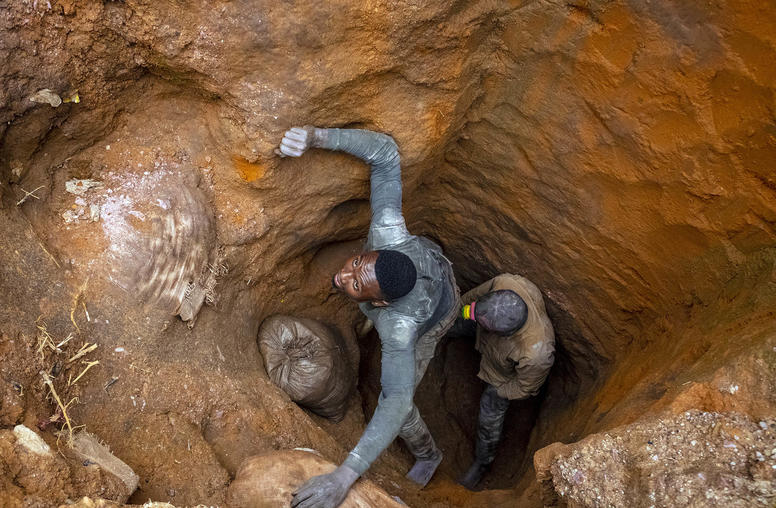
Why Africa’s Critical Minerals Are Key to U.S. National Security
A new USIP report emphasizes the importance of the United States government being engaged in the African critical minerals sector if it is to diminish its dependence on China and fortify its national security and foreign policy interests.
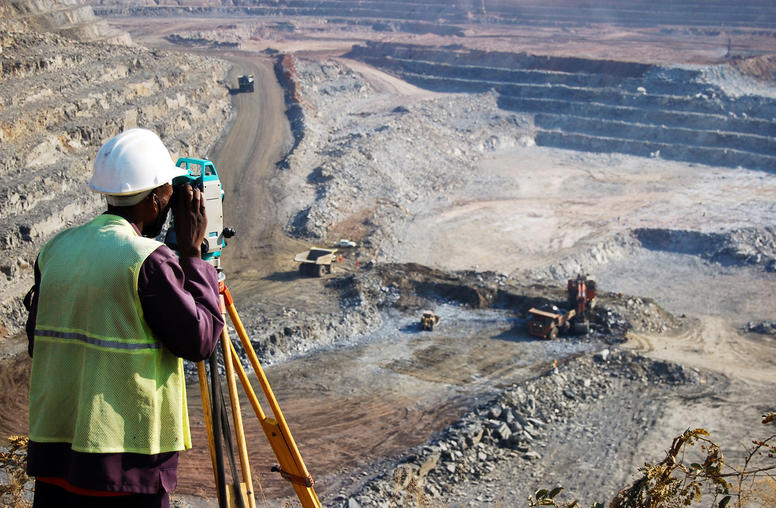
Critical Minerals in Africa: Strengthening Security, Supporting Development, and Reducing Conflict amid Geopolitical Competition
The United States Institute of Peace convened a senior study group to explore the role Africa plays in the United States’ efforts to diversify US critical mineral supply chains and how new investment in partnerships with African countries could help drive economic development and strengthen peace and security on the African continent. Based on meetings and interviews with relevant technical, operational, and policy experts, the study group developed multiple recommendations for the United States to support mutually beneficial public and private partnerships with African nations.
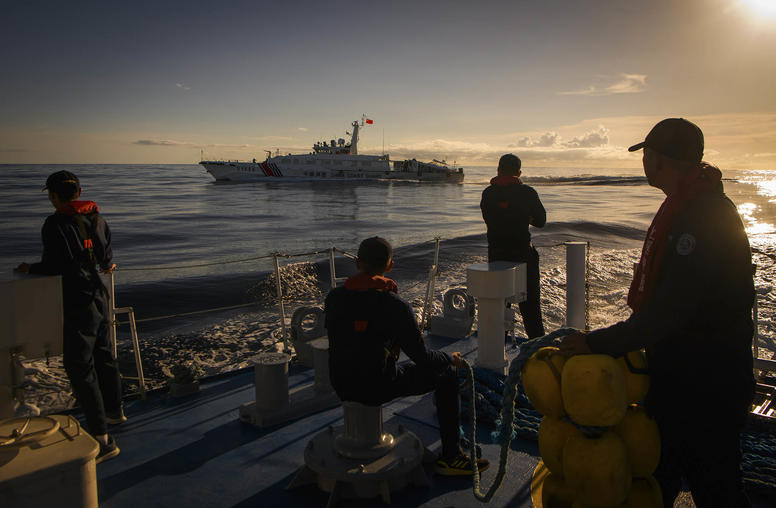
U.S., Japan, Philippines Strengthen Strategic Bonds to Counter China
Next week’s U.S.-Philippines-Japan summit comes against the backdrop of heightened tensions between Manilla and Beijing in the South China Sea, known as the West Philippines Sea in the Philippines. Last month alone saw two incidents of China’s so- called “gray zone” activities, with Chinese ships colliding with Philippines Coast Guard vessels on March 5 and blasting a Philippines supply boat with a water cannon on March 23. These disputes in the West Philippines Sea — an issue on which U.S., Japanese and Philippine interests closely align — will feature prominently when President Joe Biden, Philippine President Ferdinando Marcos Jr. and Japanese Prime Minster Fumio Kishida meet in Washington on April 11.
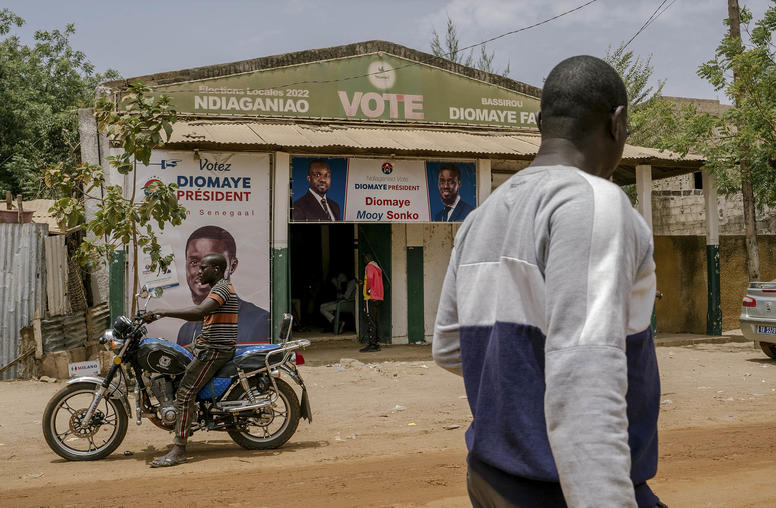
Senegal just saved its democracy. That helps all West Africa.
Senegal’s dramatic transfer of presidential power this week highlights that West Africa, routinely seen as a zone of democratic erosion and failure, includes an arc of resilient coastal democracies — from Senegal to Liberia, Ghana and Nigeria. The Senegalese people’s resolute reversal of last month’s constitutional crisis shows that U.S. and international efforts to counter violent extremism and military coups can reinforce a potent West African democratic constituency. Vital next steps include these: supporting Senegal’s democratic forces in shifting from “campaign mode” to inclusive governance; promoting economic investment to bolster youth employment and rule-of-law reforms; and energizing a West African democratic alliance against extremism and coups.
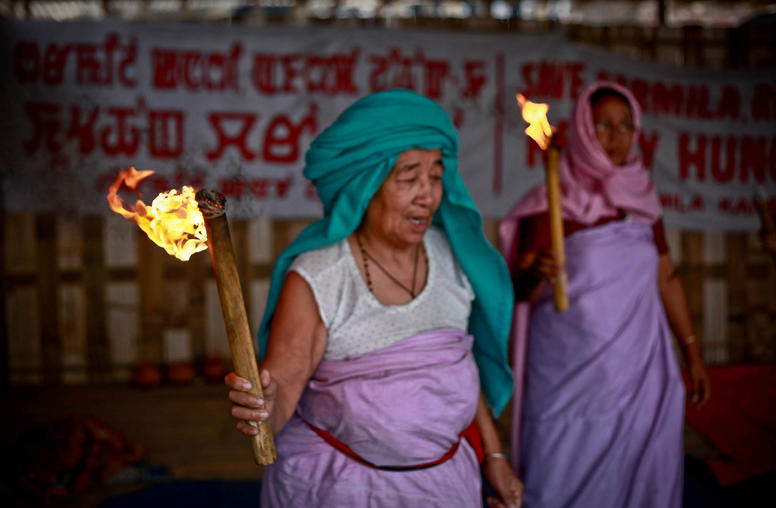
Indigenous Pathways to Peace
Many of the world’s Indigenous peoples live in unstable areas, struggling to survive as conflicts, transnational organized criminal networks and extractive projects upend their lives and livelihoods. Unfortunately, peace processes in these contexts are often negotiated at high political levels without the inclusion of Indigenous peoples. This can undermine the chances for success, as Indigenous peoples are a crucial population in some of the world's longest-running conflicts. But even further, excluding Indigenous people means overlooking how Indigenous traditions, rituals, and religious and political practices can help advance peace and resolve deadly conflict.

How a Fractured Myanmar is Navigating U.S.-China Rivalry
As the rivalry between the United States and China intensifies, Southeast Asian countries have been forced to navigate this growing power competition. The challenge has proven formidable even for those with strong governance and stability. For Myanmar — where a civil conflict between the ruling military junta and a loose alliance of resistance groups recently entered its fourth year — developing a cohesive approach to navigating U.S.-China competition might seem unattainable and unimportant in the current moment.

Asfandyar Mir on Why ISIS-K Attacked Moscow
ISIS-K’s recent attack on the Russian capital was, in part, intended to assert the organization’s growing capacity to inflict terror beyond its home base of Afghanistan. “By reaching Moscow, ISIS-K is trying to signal it has the geographic reach to hit anywhere in the world,” says USIP’s Asfandyar Mir.

It’s Time to Resolve the Korean War
The greatest challenge to peaceful coexistence between North Korea and the United States is the technical state of war between the two countries. The United States and the Soviet Union may have been at ideological loggerheads, used proxies in regional conflicts and come close to direct superpower blows — but they were not in a state of war. Resolution of the Korean War should be set as a stated U.S. policy objective. This is a necessary Step Zero on the road to peaceful coexistence with North Korea today and could reduce the risk of deliberate or accidental conflict, nuclear or otherwise.

As Hezbollah-Israel Tensions Simmer, Lebanon’s Domestic Crises Drag On
Nearly six months after Hamas’s October 7 attack on Israel, tensions in two key flashpoints — Lebanon and Syria — continue to rise with significant Israeli airstrikes in both countries, leading to the highest death tolls in each country since October 7. Amid these rising tensions, ongoing clashes between the Lebanese militant group Hezbollah and the Israel Defense Forces (IDF) threaten to escalate into a wider war. At the same time, Lebanon continues to reel from a series of crises that have unfolded over the past four and a half years, highlighting Lebanon’s perilous position as the Gaza conflict continues to reverberate throughout the region.